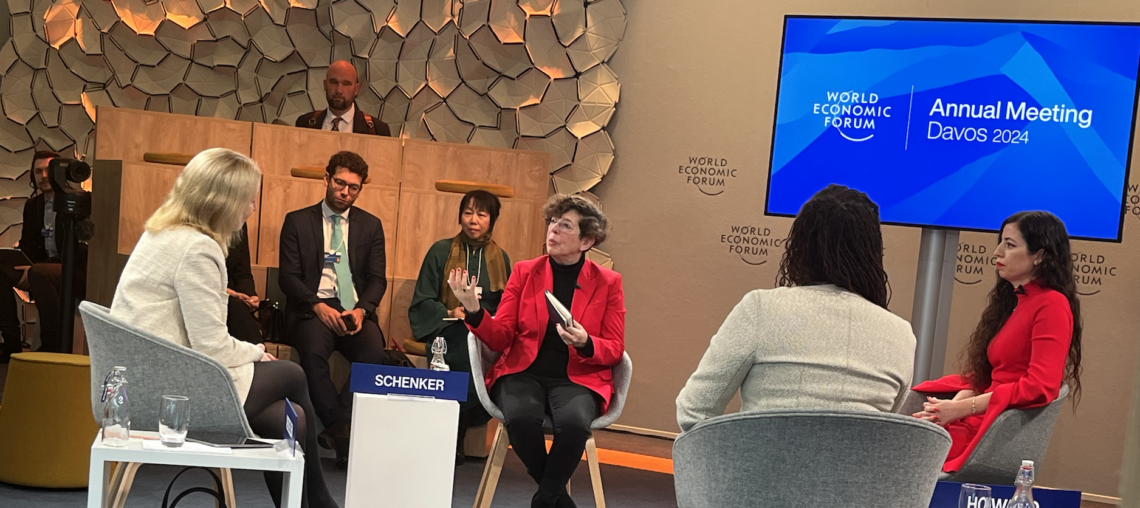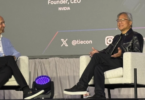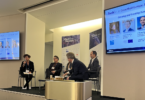Conference goers can be forgiven if they had the impression that the focus of the 2024 World Economic Forum annual meeting in Davos, which took place Jan. 15-19, was AI, everywhere, all the time.
There was no escaping the topic, inside or outside of the conference center. Along with prominent political figures such as Chinese Premier Li Qiang, U.S. Secretary of State Anthony Blinken and French President Emmanuel Macron, speakers on the official program included AI stars like OpenAI’s Sam Altman, Facebook Chief AI Scientist Yann LeCun and AI experts Kai-Fu Lee and Andrew Ng. “The future is AI,” read a Tata Consultancy Services sign that was strategically placed to catch the eye of participants on their way to the conference center. The Indian IT services and consulting company was not alone in its promotion of the technology: Forum Tech Pioneer Builder.ai joined the likes of Microsoft, IBM and Accenture in renting storefronts touting AI to passersby on Davos’ main promenade.
Perhaps the most telling sign was a prominent building on the promenade that in 2022 served as the “Russia War Crimes House”. This year it was dubbed “The AI House” and people with and without official conference badges lined up to get in. “That tells you everything you want to know about how the global focus has shifted,” wryly remarked one participant in the Congress Center’s crowded Central Lounge.
Just about everyone now realizes that AI needs to be on of their agenda, so both business users and governments wanted to get a feel during the conference for whether they were already falling behind. Their fear was palatable.
PwC’s just released 27th annual Global CEO Survey confirms that executives are turning to generative AI (GenAI) as a critical tool to reinvent their businesses. GenAI can provide “the engine for nearly every growth lever that CEOs want to pull, from optimizing costs to creating new revenue streams to improving the customer experience,” says the report. It notes that U.S. CEOs are already reaping early rewards from GenAI and that’s fueling expectations that in a few short years there will be deeper, fundamental change across all industries.
Yet, a BCG’s survey of 1,400+ C-suite executives released earlier this month reveals that while almost all executives now rank AI and GenAI as a top-three tech priority for 2024, 66% of leaders are ambivalent or dissatisfied with their progress on AI and GenAI—and only 6% have begun upskilling in a meaningful way.
AI discussions at the meeting focused on how executives can reskill their workforce and set up their organizations to seize the business opportunities that GenAI offers and stressed the technology’s potential role in solving some of the world’s biggest challenges but also addressed balancing potential benefits with concerns about security, privacy, safety, accountability, and inclusive and ethical use.







